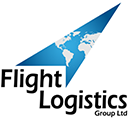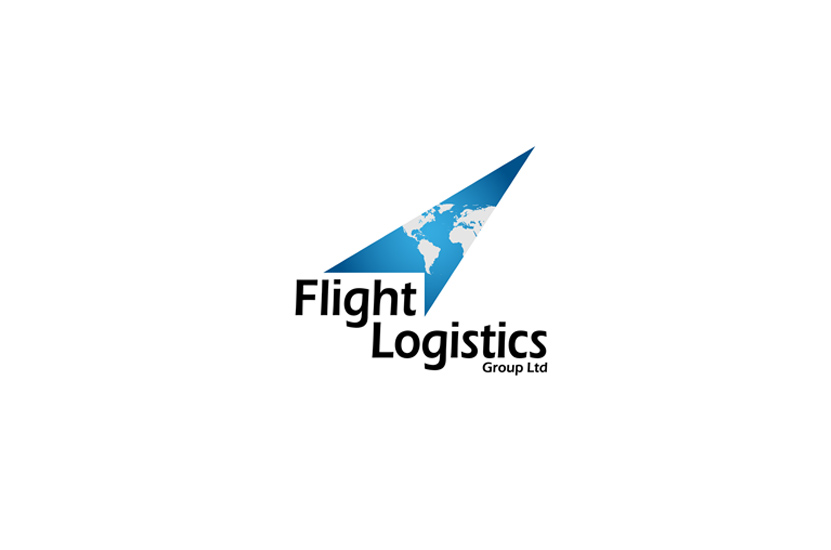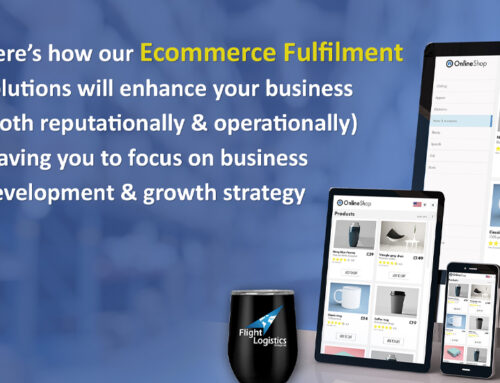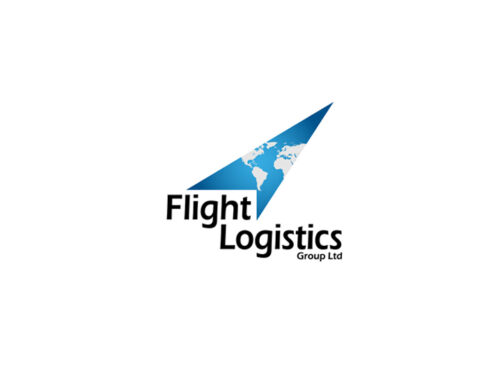…
No one is disputing the advantages of using Amazon as a reseller platform, but if you’re thinking about selling through Amazon, you’re going to have to decide whether you want to retain control over the fulfilment processes of your products (Fulfilment by Merchant), or whether you want to hand it all over to Amazon (Fulfilment by Amazon).
Your decision will depend on whether you want to retain complete control of your brand (FBM) or give a little piece of it to the giant that is Amazon (FBA).
It’s important to understand that FBM doesn’t necessarily mean that you or your business literally performs the fulfilment processes. You can work with a 3rd Party Logistics Provider like Flight Logistics. They in turn integrate their services with Amazon. This route allows you to build a relationship with a smaller Partner who will be keen to build a relationship with you and offer costs and solutions that match your business requirements.
It may seem to be the perfect answer to give Amazon all the hard work to do (FBA) so that you can sit in your garden and just watch the money come in, but the more responsibility you give to Amazon, the less control you’ll have. You could sell more through FBA, but your margins are likely to be squeezed and who gets all the recognition for a great delivery? Not your brand, as FBA means that Amazon is the seller.
What’s right for your small business, FBA or FBM?
The following information looks at some of the main aspects of Amazon that can be affected by your decision.
Hands-off fulfilment.
Both FBA and FBM offer the opportunity to off-load the fulfilment process. As mentioned earlier, in the case of FBM, you are at liberty to work with a 3rd Party Logistics Provider like Flight Logistics which allows you to retain control on individual processes, building your brand, and costs. There are many advantages to this route.
Multi-channel fulfilment
So, if you’re selling through additional retail platforms such as Shopify or Magento, both FBA and FBM can offer multi-channel fulfilment. It is likely to be easier to control costs through FBM when dealing with multiple platforms.
Amazon Prime
FBA offers automatic eligibility to Prime and its benefits, however, there are opportunities for FBM clients to be entitled to this service.
Amazon’s coveted “Buy Box”
This is the call to action button that appears next to a small percentage of “selected” products shown on the Amazon website. Many of the products for sale will only show an “add to basket” button. Small businesses (whether they’re FBA or not) will compete with established Amazon clients and larger companies with bigger margins who can afford to drop their price to help win the Buy Box.
Whether you are FBA or FBM, to be eligible you must meet certain criteria before you are awarded the Buy Box. Amazon doesn’t have a set formula on how to win the Buy Box but there are plenty of factors that could affect your ability to win it, here are some of them:
- Good sales history – Achieve a high order count per product.
- Cost of product – The lower the cost the better. But bear in mind that all your other costs with Amazon will remain unchanged, so margins are squeezed the lower you go, something that would affect the smaller businesses especially.
- Time with Amazon – Amazon rewards longer standing relationships, so new customers are at a disadvantage.
- Amazon’s “Order Defect Rate”. This is a performance related metric that rates your overall performance by collating information such as, feedback from customers, the amount of returns, damage reports, orders fulfilled successfully, delivery on time…many things that you can’t control with the FBA solution as Amazon performs all the functions that relate to these.
Distribution costs
Amazon have set tariffs for UK and Global deliveries and they are non-negotiable. As an FBM client that uses a smaller Logistics partner, it will be easier to negotiate costs (such as storage, fulfilment and shipping), to suit your business model than with something the size of Amazon.
Packaging
On occasion we see examples of Amazon’s packing as highlighted in the video below. All too often small items are packed in oversized boxes with limited protection. If you’re FBA you have no control over this. Two issues are shown below, the first being that the product is likely to move around and may get damaged in transit which will end up in a customer complaint and a return which will negatively affect your “Order Defect Rate”. Apart from the obvious environmental impact on shipping oversized packing, you’re also likely to be charged more for delivery as Amazon will charge a volumetric weight, so you and your client can pay more because of inappropriate packing.
The wrong way to package – Here’s a package received from Amazon:
The right way to package – Here’s how Flight Logistics would package the same product:
Returns
As an FBA client Amazon’s policy is to immediately refund returns and pass that cost on to you before the item has even been returned and evaluated. This can put a burden on your cashflow, which is more pronounced if you’re a small business. Through FBM and use of a smaller logistics integrator, you say how you want to manage returns.
Rates, fees and margins
There is no negotiating prices with Amazon. They have set tariffs that you must adhere to. So, if you are FBA you will not have the freedom to adjust costs to be competitive. FBM on the other hand would offer the ability to get prices that suit as mentioned above.
Scalability
At Flight Logistics, we understand that costs should reflect your business needs. For example, we evaluate storage space each week and only charge for what is being used. We also work with clients to calculate the most cost-effective routes to keep delivery costs competitive and therefore help to increase margins of profit. This is a good benefit to FBM. FBA will not give you this opportunity as their costs as we have established, are set in stone.
Access to inventory and control
As regards FBA, because your inventory is managed in one of Amazon’s fulfilment centres, you’ll have limited access to the details of your products compared to FBM. Also, if inventory issues arise, you must rely on Amazon to resolve the problems.
Summary
FBA is more suited to large margin products and high-volume sales.
FBM is generally good for smaller businesses with small margin products. Often the fulfilment and shipping costs as an FBA limit the ability to sell low-priced items on Amazon. FBM allows sellers to take control of the fulfilment/transport processes and costs without crushing small margins.
Our advice to small businesses would be to start with FBM, engage with a Logistics company like Flight Logistics with strong knowledge and experience of integrating with the Amazon platform, get up and running and when you’re established and selling in volume, think about FBA as well.
